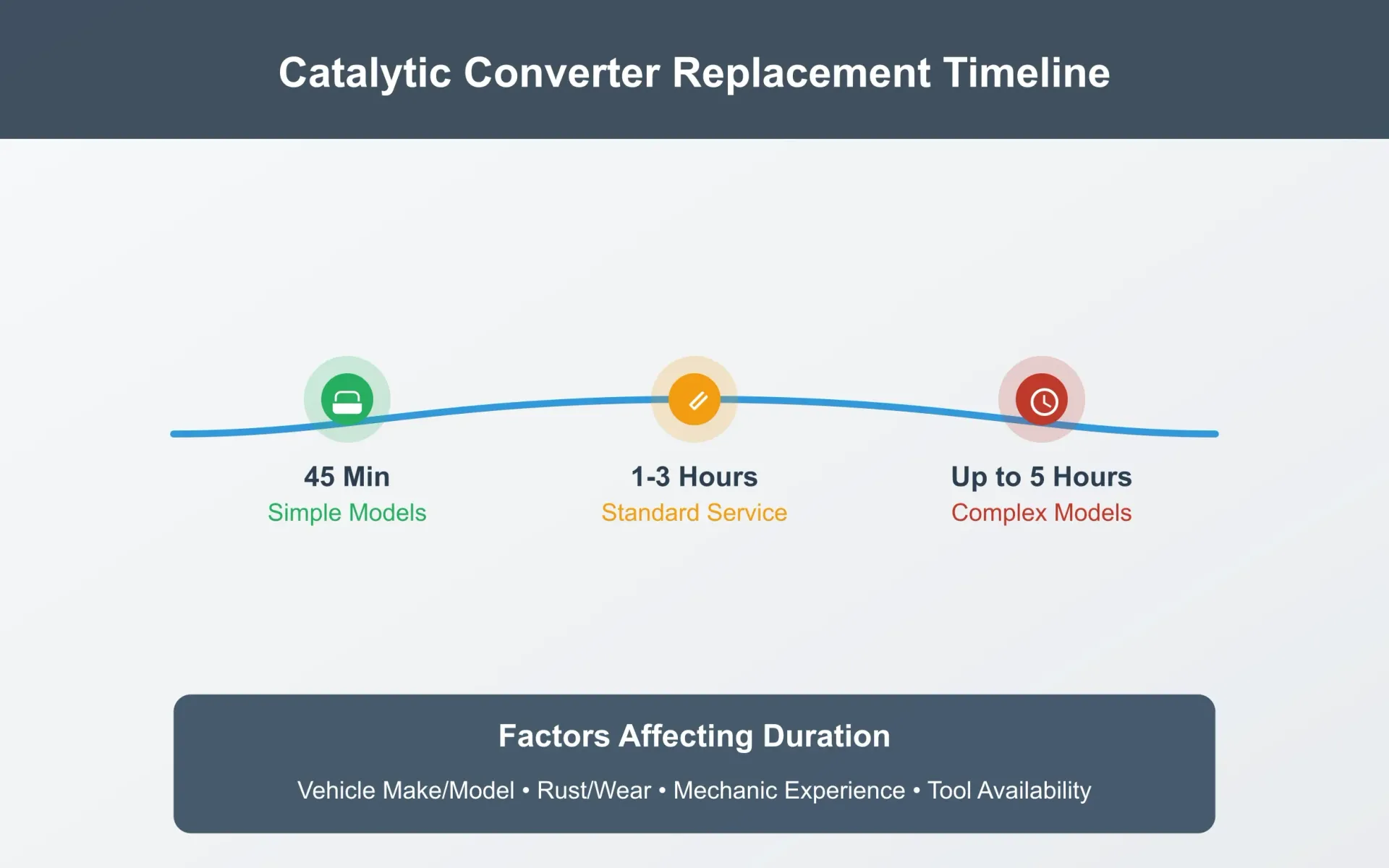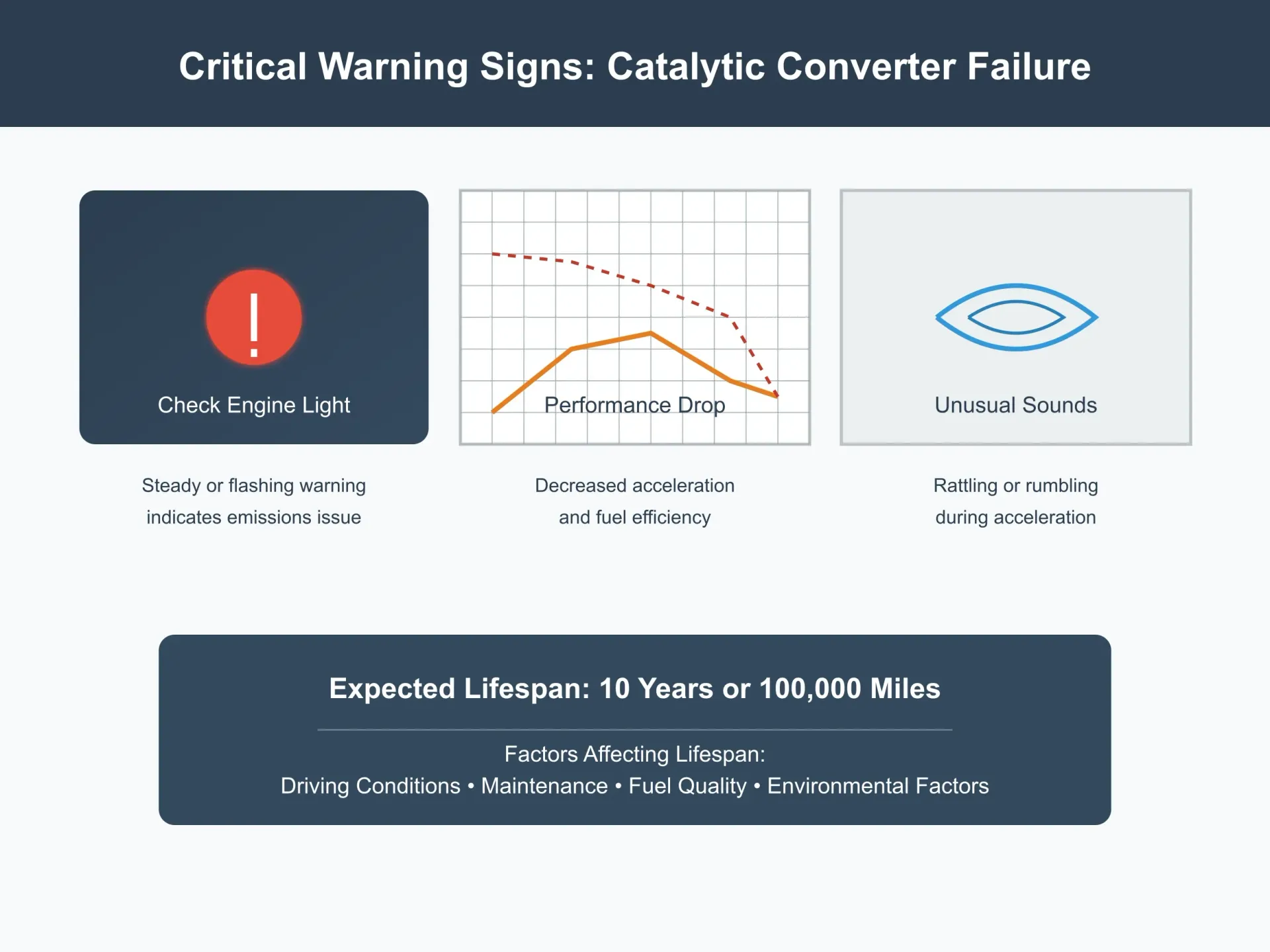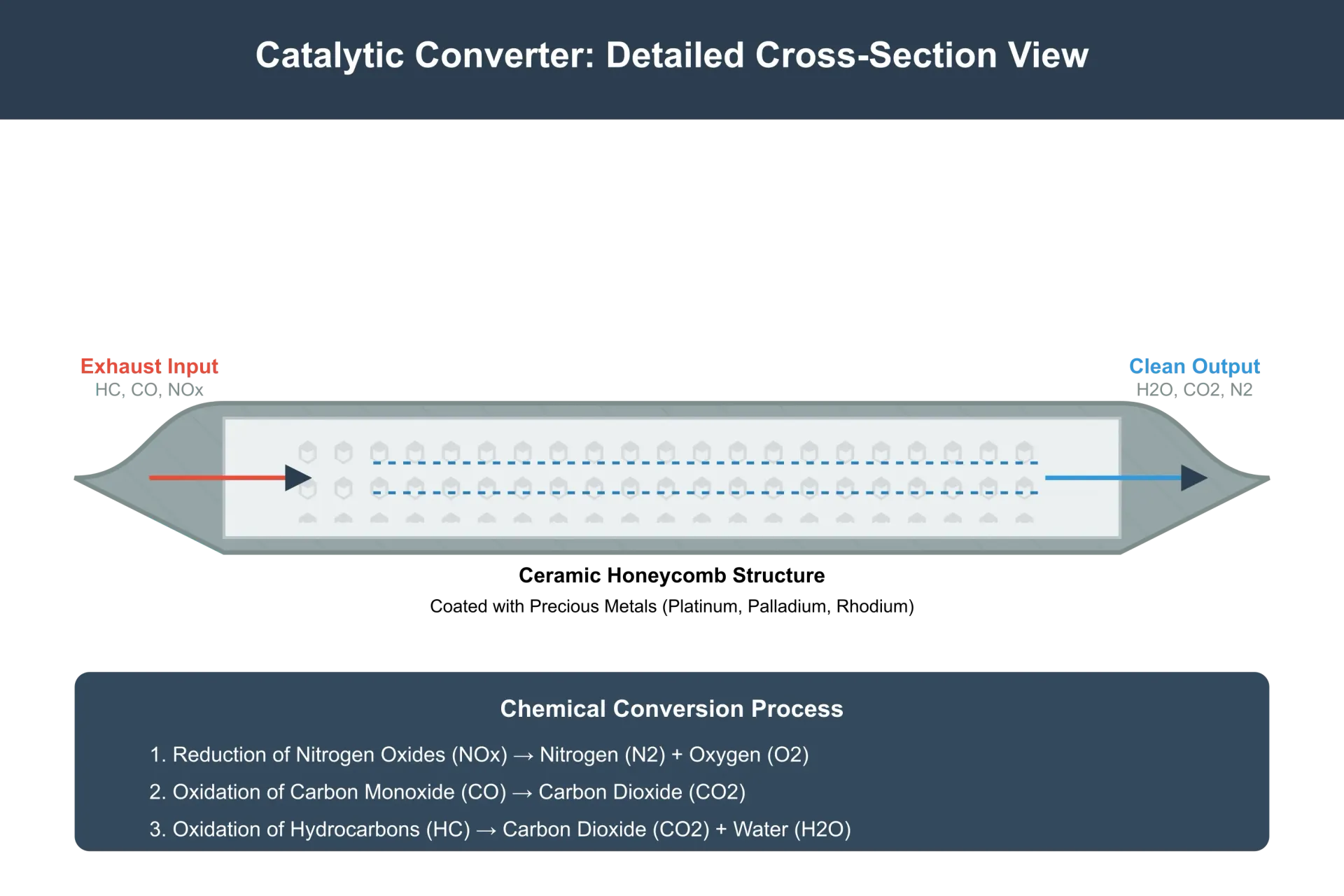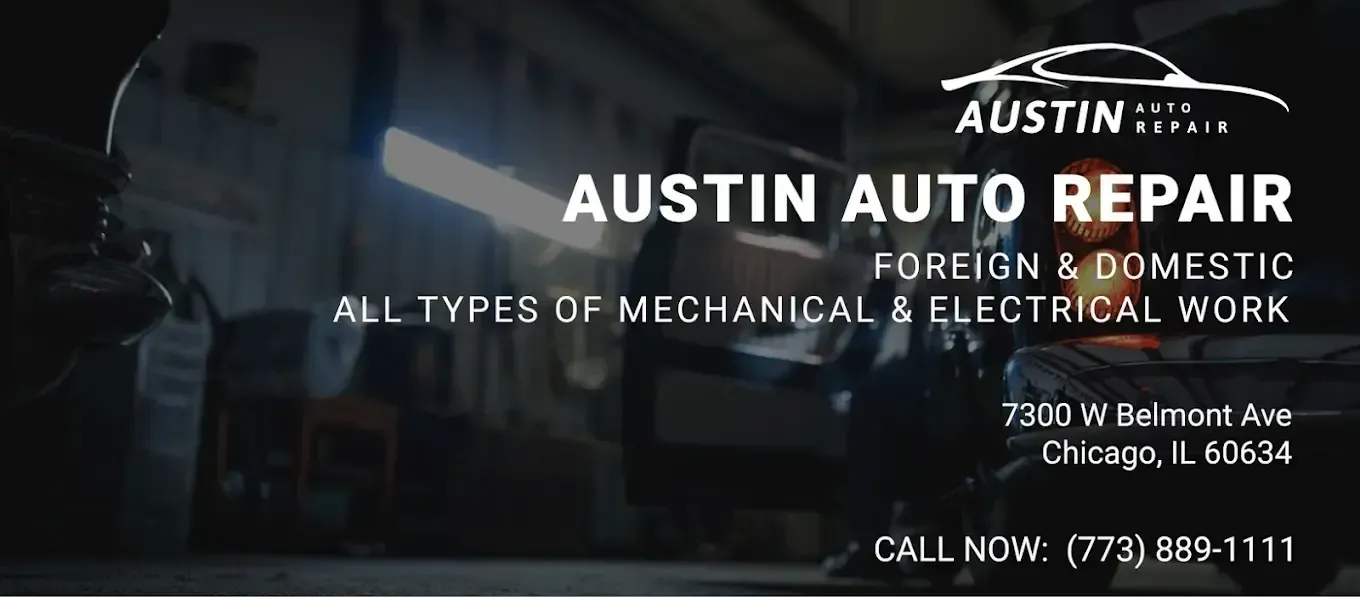How Long Does It Take to Replace a Catalytic Converter? A Complete Guide
How long does it take to replace a catalytic converter? This is a question that crosses many vehicle owners' minds, especially when facing potential repairs. The answer isn't as straightforward as you might think – several factors influence the replacement time, from your vehicle's make and model to the expertise of your mechanic. As a Chicago resident who's seen countless vehicles come through our shop doors, I can tell you that understanding this process can save you both time and money.
The Basic Timeline
Typically, a
catalytic converter replacement takes between 1 to 3 hours when performed by experienced professionals. However, this timeframe can vary significantly based on several crucial factors. Some luxury vehicles or complex models might require up to 5 hours, while simpler replacements could be completed in as little as 45 minutes.

Understanding Your Vehicle's Needs
Your car's specific make and model plays a significant role in determining replacement time. European luxury vehicles often have more intricate exhaust systems, requiring additional time for proper replacement. Meanwhile, many domestic vehicles feature more straightforward designs, allowing for quicker service times. Here at
Austin Auto Repair in Chicago, we've worked on countless vehicles and have seen firsthand how these differences impact service duration.
The Impact of Rust and Wear
Chicago's harsh winters and salt-covered roads create unique challenges for catalytic converter maintenance. Rust can significantly extend replacement time, as corroded bolts and connections often require careful handling or even cutting to remove. What might typically be a two-hour job could extend to three or four hours when dealing with extensive rust damage.

Signs It's Time for Replacement
Understanding when to replace catalytic converter components is crucial for maintaining your vehicle's performance. Warning signs include decreased engine performance, failed emissions tests, and unusual exhaust sounds. The check engine light often serves as an early indicator, though proper diagnosis is essential to confirm the specific issue.
Longevity and Replacement Frequency
A common question we hear is how often to replace catalytic converter units. While these components are designed for longevity, typically lasting 10 years or 100,000 miles, various factors can affect their lifespan. Chicago's unique climate conditions, driving habits, and regular maintenance all play crucial roles in determining when should catalytic converter be replaced.
Professional vs. DIY Replacement
While some car enthusiasts might consider DIY replacement, professional installation often proves more time and cost-effective in the long run. At Austin Auto Repair, we've seen many cases where improper installation led to additional problems and expenses. Our team of certified technicians ensures proper fitting and function, backed by decades of combined experience serving the Chicago community.
The Technology Behind the Time
Modern catalytic converters are complex components designed to reduce harmful emissions. Their replacement requires precise handling and specific tools, especially for newer vehicle models with integrated sensors and complex exhaust systems. The installation process involves ensuring proper alignment, secure connections, and thorough testing to confirm optimal performance.

Cost Considerations
While time investment is important, cost often plays a crucial role in replacement decisions. Labor costs typically reflect the complexity and duration of the replacement process. However, investing in quality installation can prevent future complications and ensure longer component life. As your local Chicago auto repair specialists, we prioritize transparent pricing and honest service recommendations.
Environmental Impact
Properly functioning catalytic converters play a vital role in reducing vehicle emissions, particularly important in urban environments like Chicago. Timely replacement not only ensures your vehicle's performance but also contributes to better air quality in our community. The Environmental Protection Agency estimates that catalytic converters prevent millions of tons of harmful pollutants from entering our atmosphere annually.
Making the Right Choice
When facing
catalytic converter replacement, choosing an experienced and reputable service provider is crucial. With over two decades of serving Chicago's diverse vehicle needs, Austin Auto Repair combines technical expertise with personalized service. Our technicians utilize state-of-the-art diagnostic equipment and quality replacement parts to ensure optimal results.

A Call to Action
Don't wait until minor issues become major problems. If you're experiencing any signs of catalytic converter problems,
schedule a diagnostic appointment today. Our experienced team at
Austin Auto Repair is ready to provide expert service and honest recommendations for your vehicle's specific needs. Contact us to learn more about our comprehensive automotive services and how we can help maintain your vehicle's performance and reliability.




